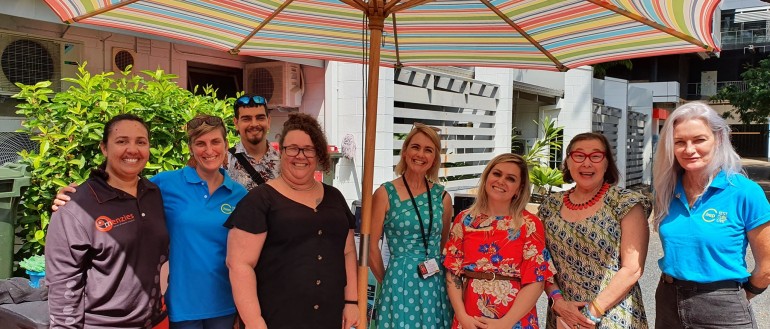The Northern Territory (NT) Primary Healthcare Network has the highest prevalence of chronic hepatitis C virus (HCV) infection in Australia at 1.9%. Hepatitis C can be cured; however, the NT has the second lowest proportion of people who have received treatment at 10.2%. The reasons for the low treatment uptake are multifactorial. This has led to the expansion of the NT wide Hepatitis B Steering Committee to extend its remit to include hepatitis C and a number of innovative partnership pilot projects. This nurse led model of care project evaluates the benefit of a peer-support network in hepatitis C treatment and explores the barriers to access and completion of hepatitis C treatment in the NT.
Research focus:
- To evaluate the benefit of a community nurse, peer-based support network partnership model of hepatitis C care
- To explore the barriers to access and completion of hepatitis C treatment in the Northern Territory
Research outputs:
- Expanding capacity and increasing frequency of peer support led hepatitis C community clinics
- Commencement of community nurse assisted prescribing in large bulk billing GP practices and Aboriginal Medical Services in Darwin, Alice Springs, and regional areas
- Partnership with prison telehealth service to establish community hepatitis C nursing support and the development of systematic follow up procedures for patients on release from prison
- Establishment of a peer-based support network to increase case finding and treatment uptake
- Build capacity within primary health care services to manage hepatitis C
Key achievements and Learnings:
Chief investigators:
- A/Prof Jane Davies and Dr Catherine Marshall
Project Manager:
Senior Clinical Community Nurse:
- Anngie Everitt
Contact information
Project Dates:
- 2022 - present
Funders:
- Paul Ramsay Foundation
Collaborators:
- Burnet Institute

